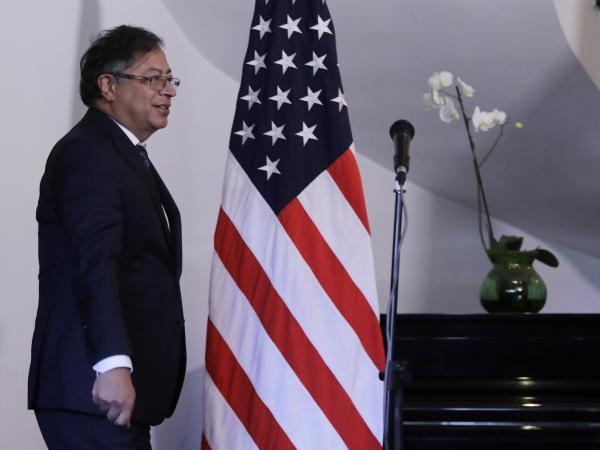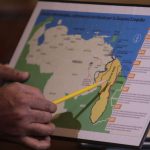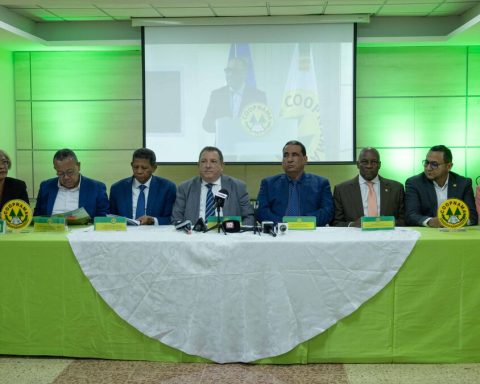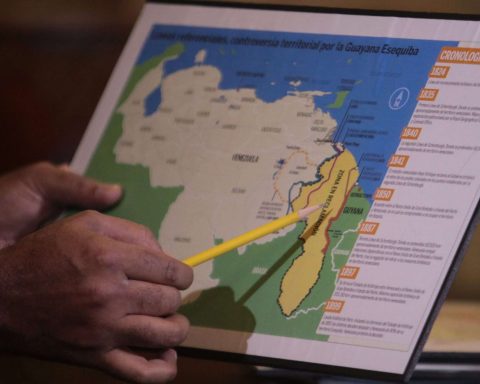The prestigious English media The Economist published, last Thursday April 13, a text focused on the government of Gustavo Petro and his ‘total peace’. The article was titled ‘An ambitious ‘total peace’ plan in Colombia falters’ and the magazine’s position was highly critical.
What were the arguments The Economist to question ‘total peace’? We tell you.
(See: Pension reform: experts believe that it would threaten national savings).
The English medium began the text by presenting a context of the situation of violence and conflict that Colombia has experienced for more than half a century.
The next thing was to show how the last presidents that the country has had have addressed this problem.
Of Ivan Duque (2018-2022) said “encouraged the armed forces to attack the leaders or ‘capos’ of the illegal groups“. And of Juan Manuel Santos (2010-2018) recalled what happened four years negotiating a peace agreement with the Farc, which was signed in 2016.
(See: FARC dissidents announce the start of a new peace dialogue table).
After this, Petro entered the matter and assured that, although he has not served a year in power, “his search for peace seems more unstable than ever“.
The outlet stated that the Government announced, at the beginning of 2023, orna 6-month truce with some illegal groups and that on March 15 a bill was presented that, along with its “total peace” law, establishes the legal framework for peace negotiations, as well as reduced sentences for those who cooperate.
(See: They are not touched: the immovable bases of the pension and labor reforms).
“However, both the ELN and the ‘Gulf clan’ are no longer part of the ceasefire. The ELN affirms that it never registered (in addition to attacking a military base in Catatumbo), while Petro ended the truce with the “clan del Golfo” on March 19, after it was discovered that the armed group was involved in a mining strike in Bajo Cauca“, he claimed The Economist.
THE N.
Finally, another of the reasons given by the publication to criticize “total peace” are the accusations against President Petro’s brother and son.
(See: Balance of the participation of Colombia in meetings of the IMF and the WB).
TO Juan Fernando and Nicolas Petro They are accused of receiving alleged bribes from drug gangs to obtain concessions in the ceasefire process.
“Meanwhile, Petro’s cabinet turned against him in February over a healthcare reform. ‘Total peace’ seems more like a slogan than an achievable goal“, concludes The Economist.
(See: Health reform: Petro requested resignations and the project falters).
BRIEFCASE

















